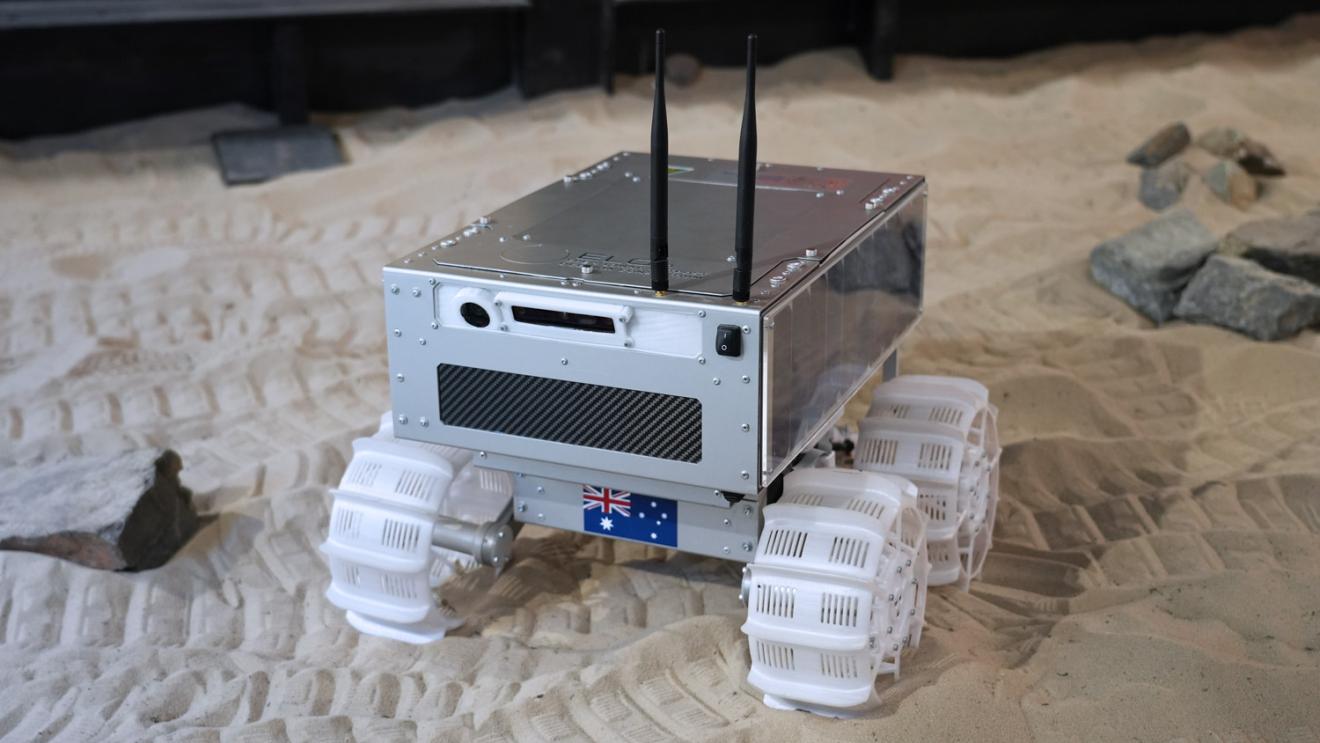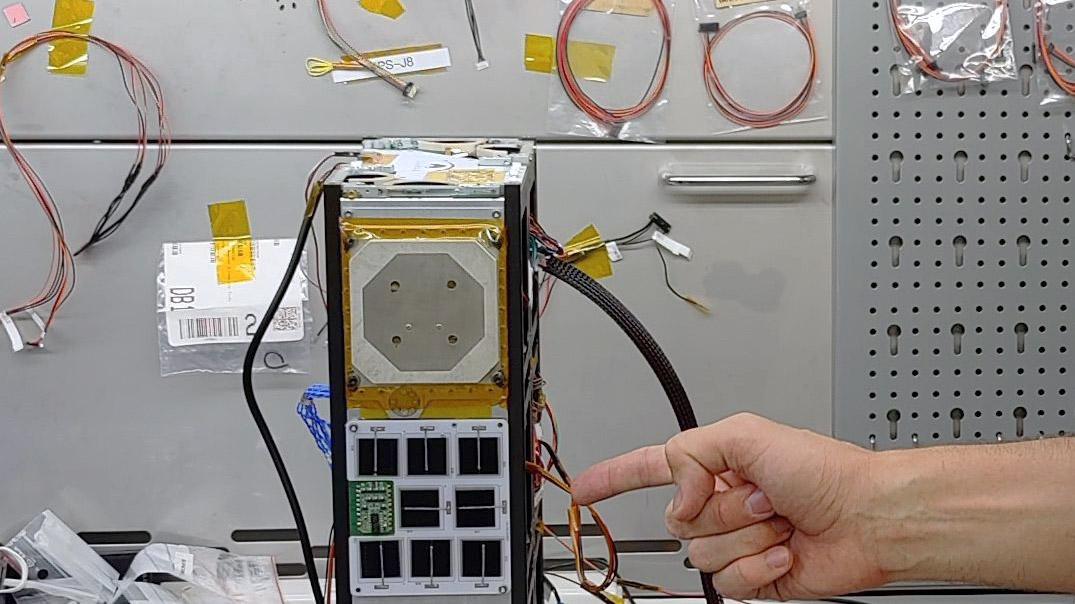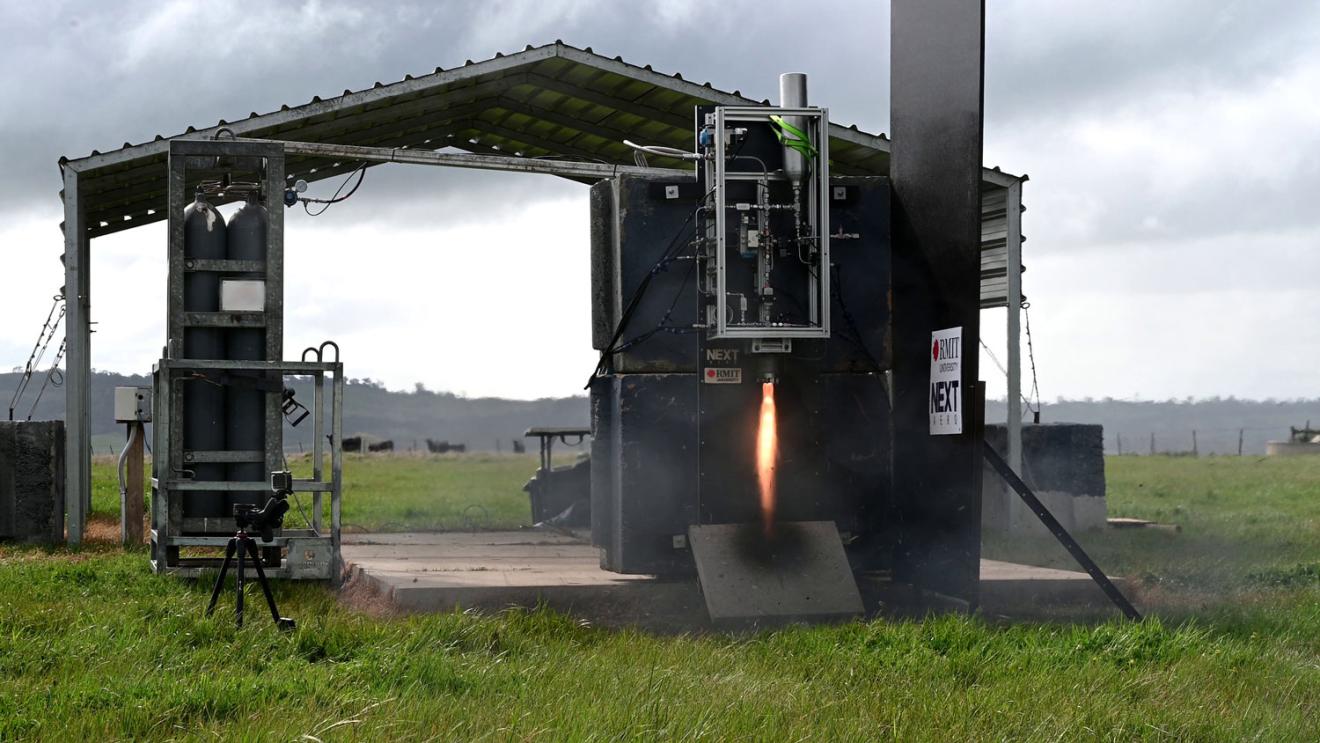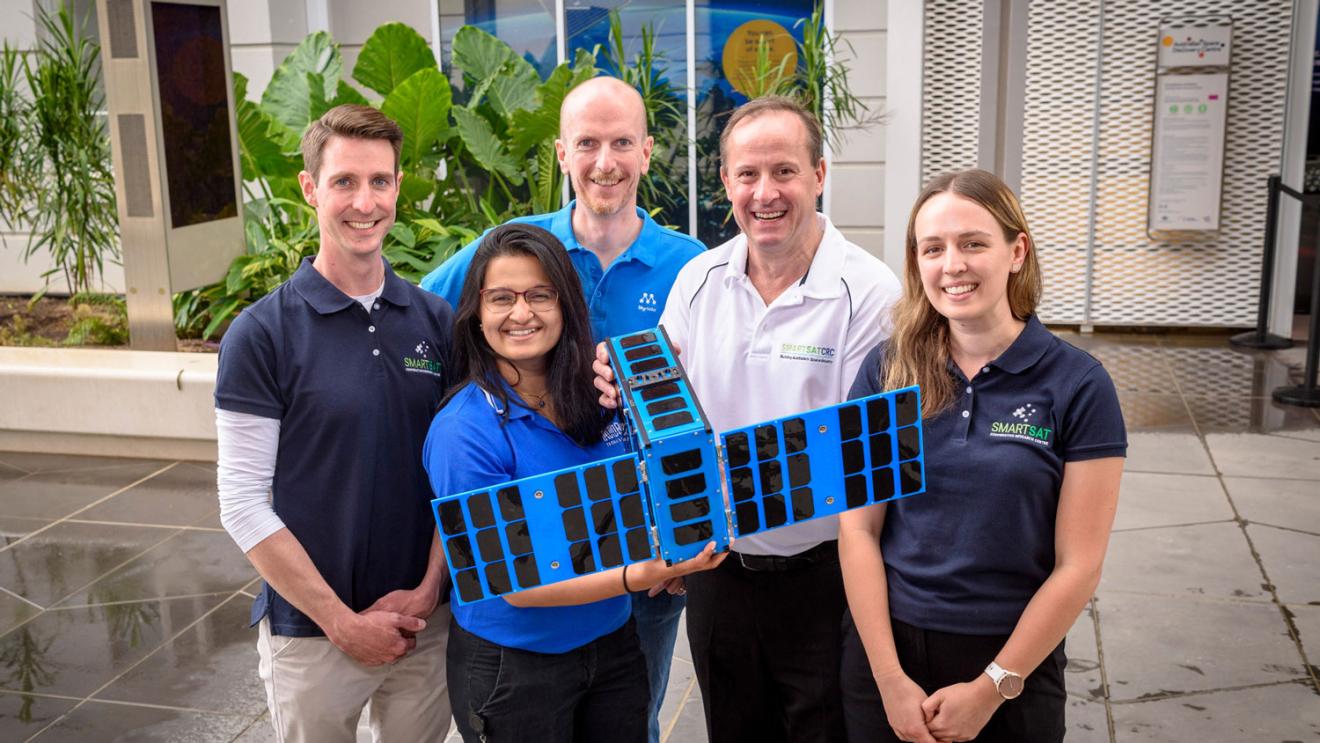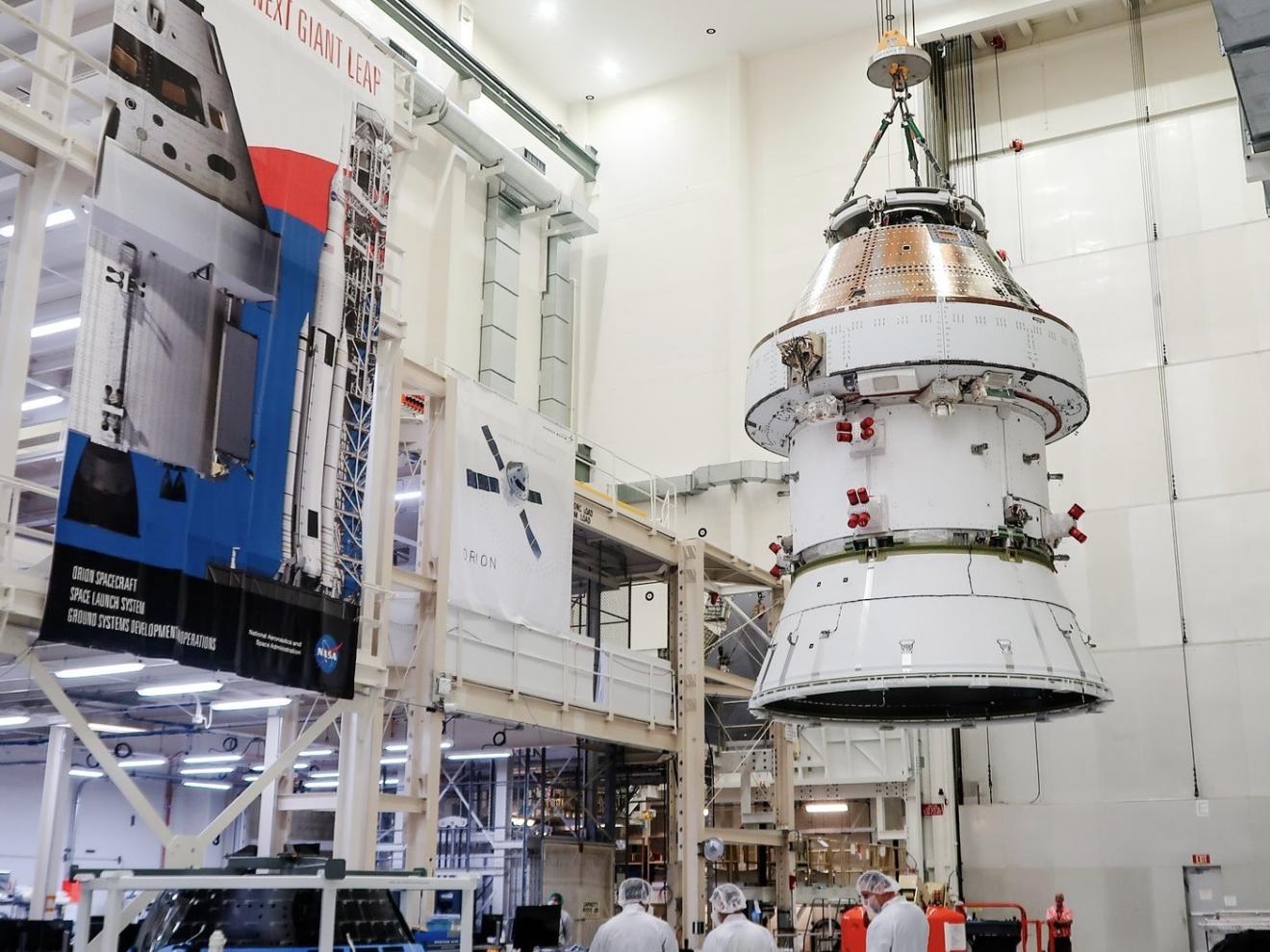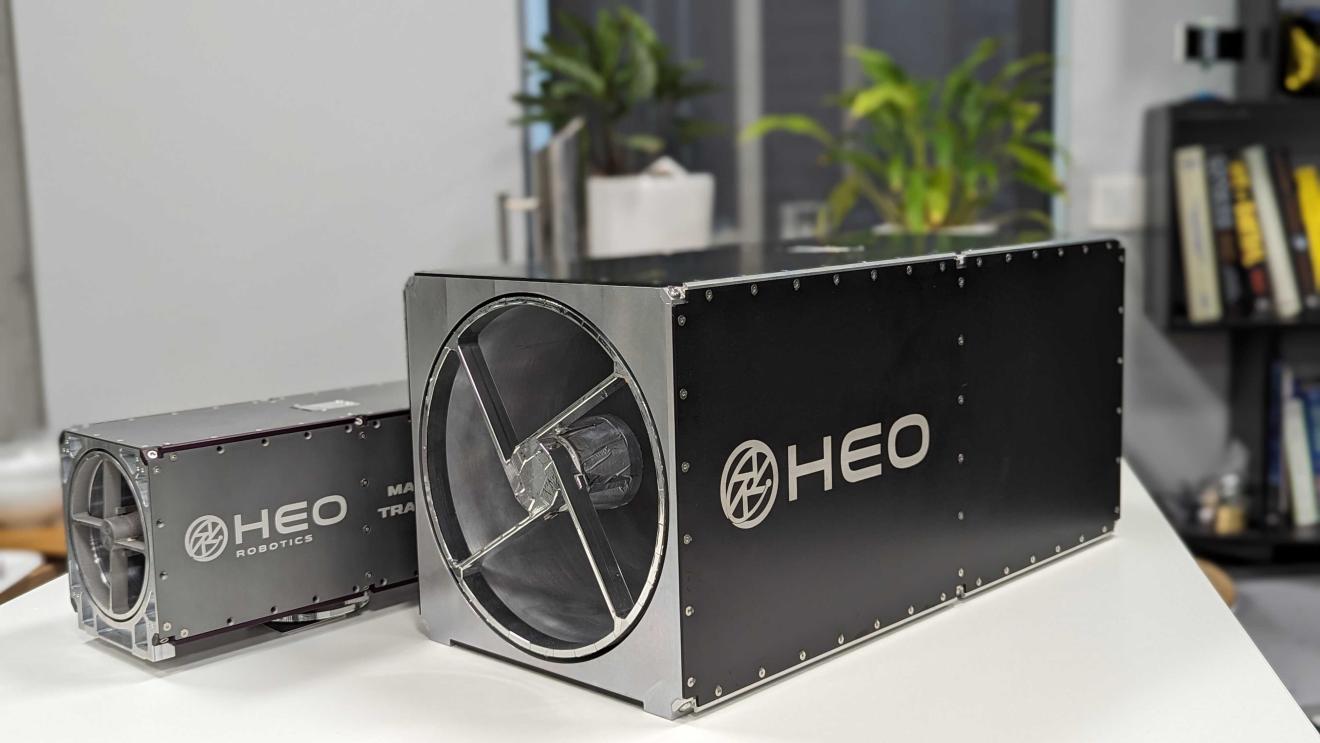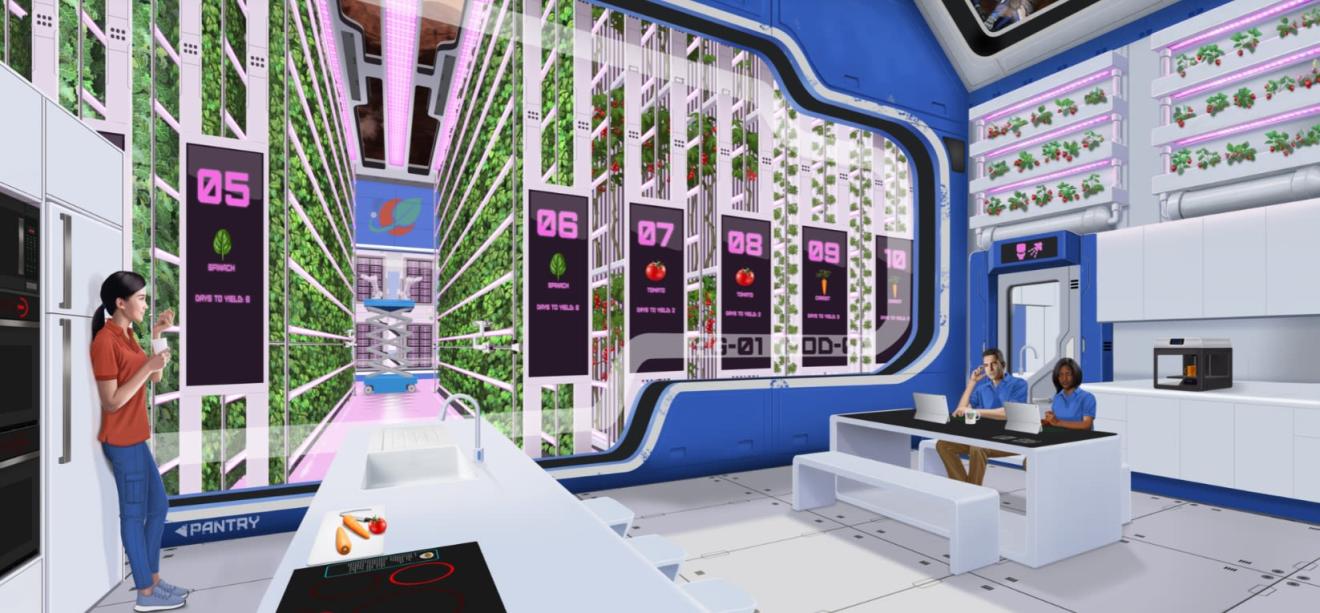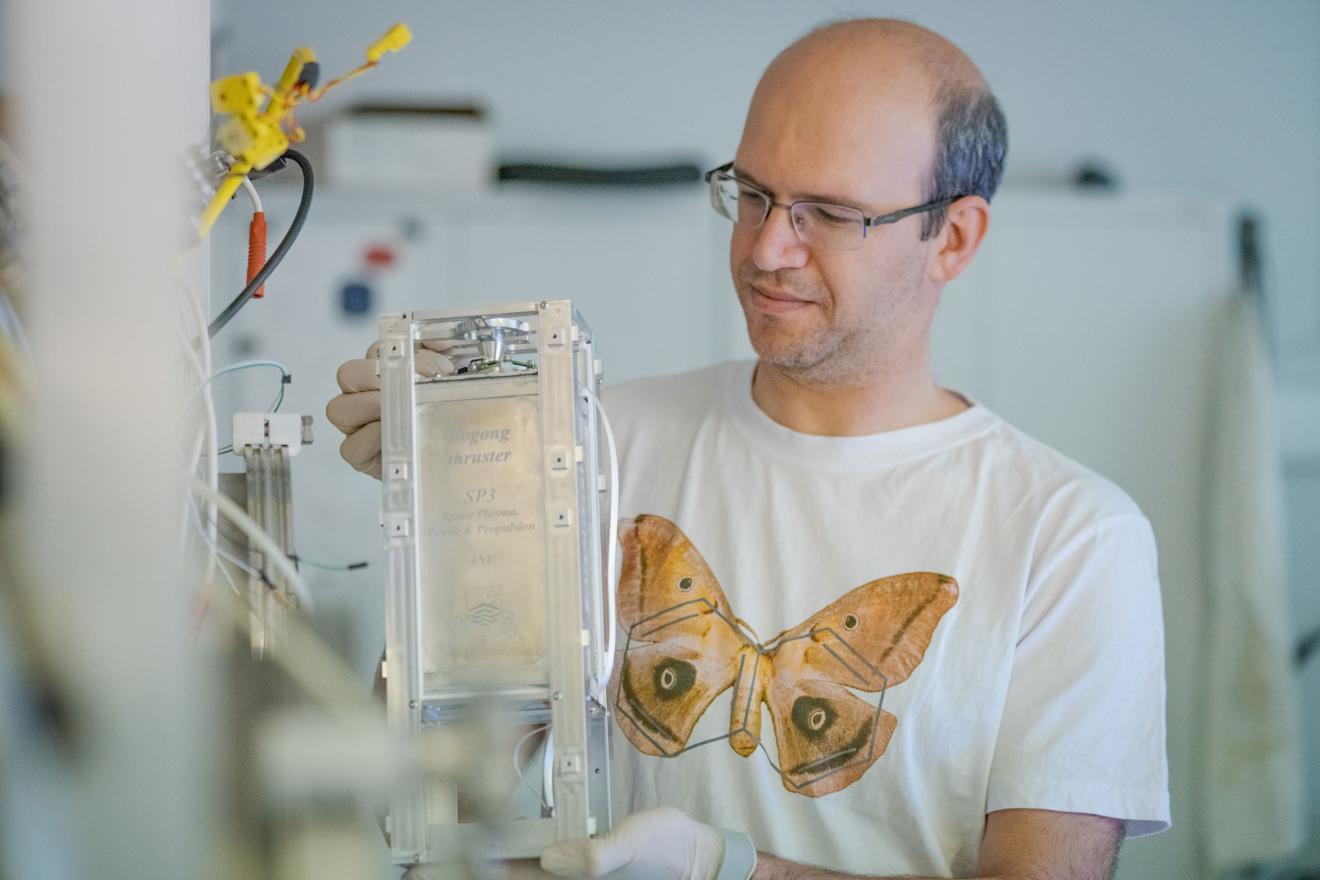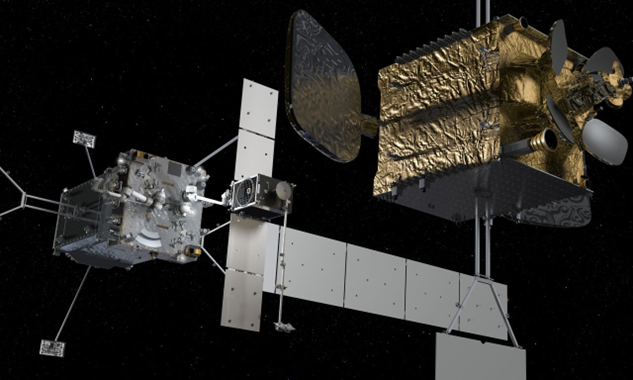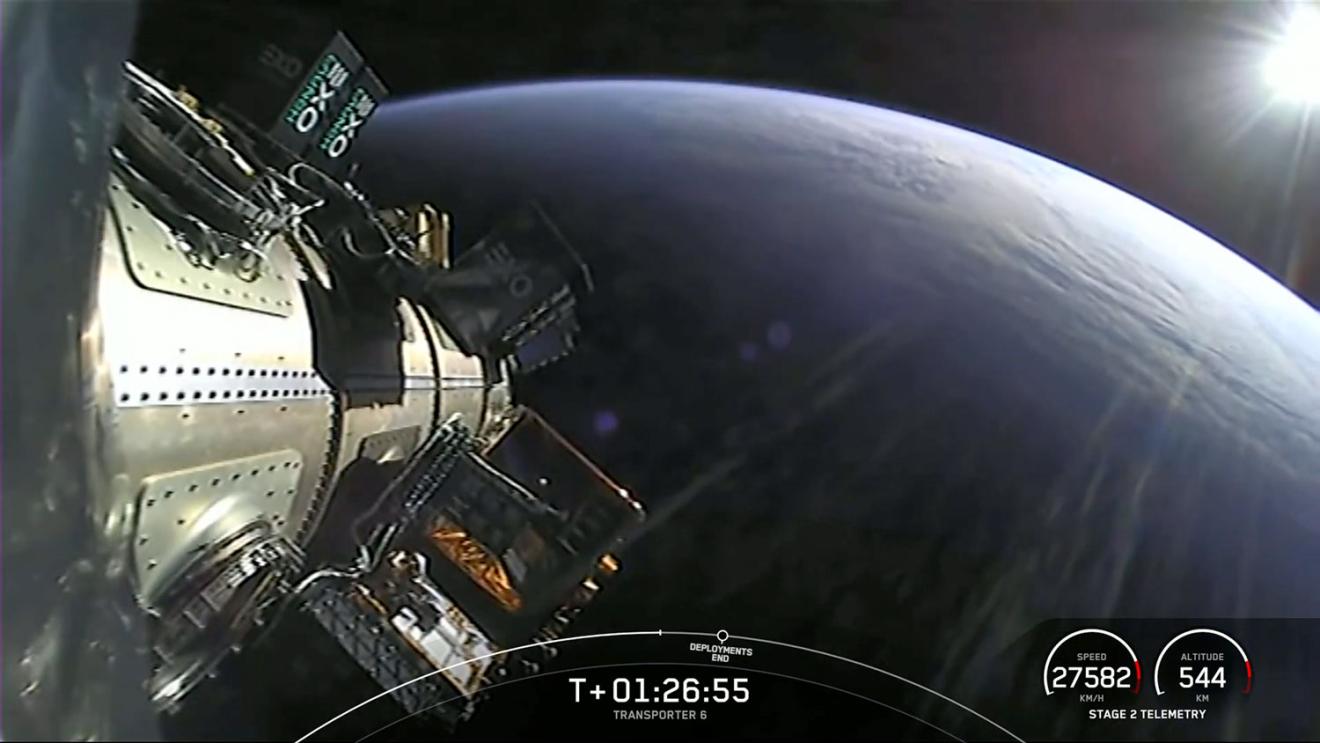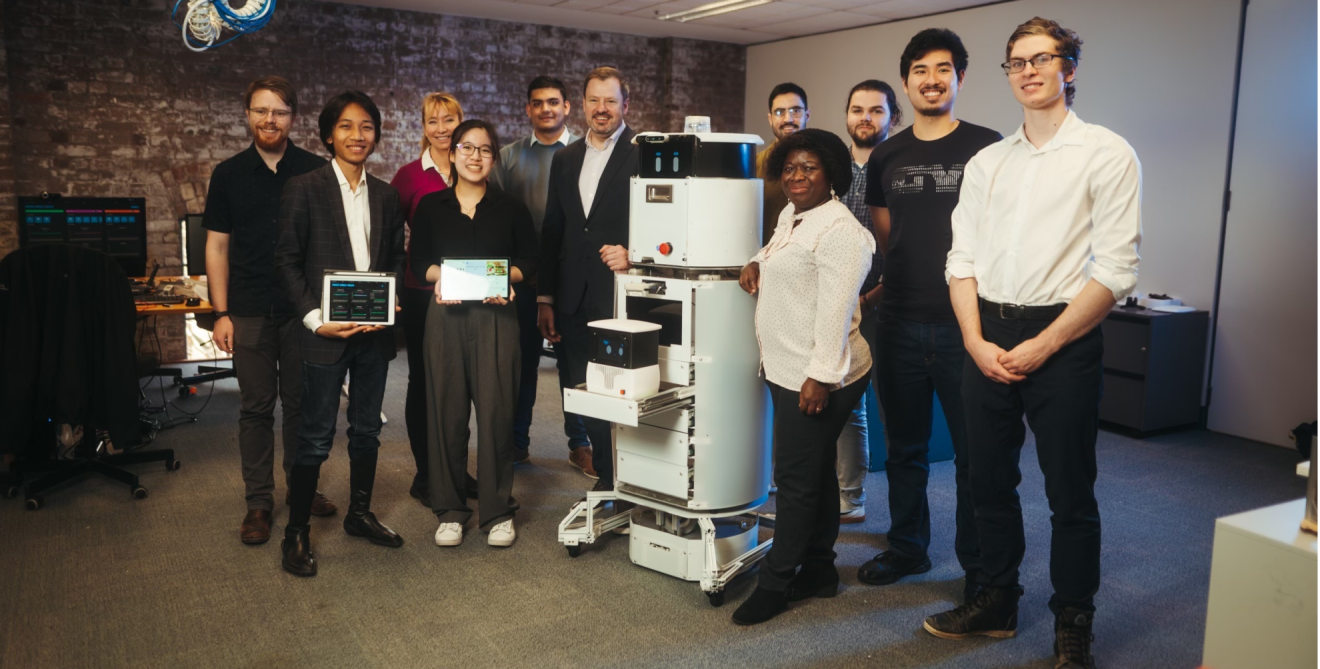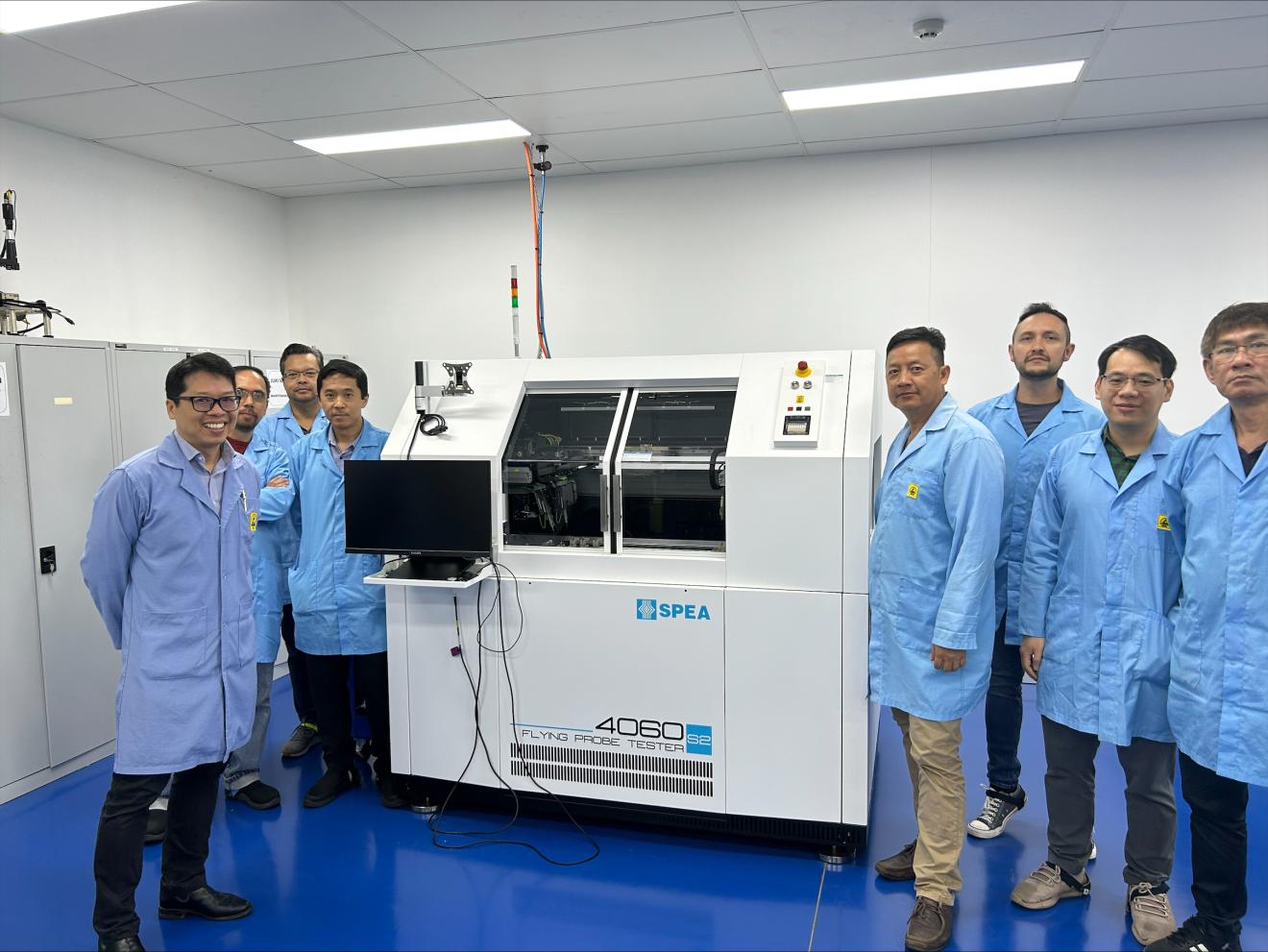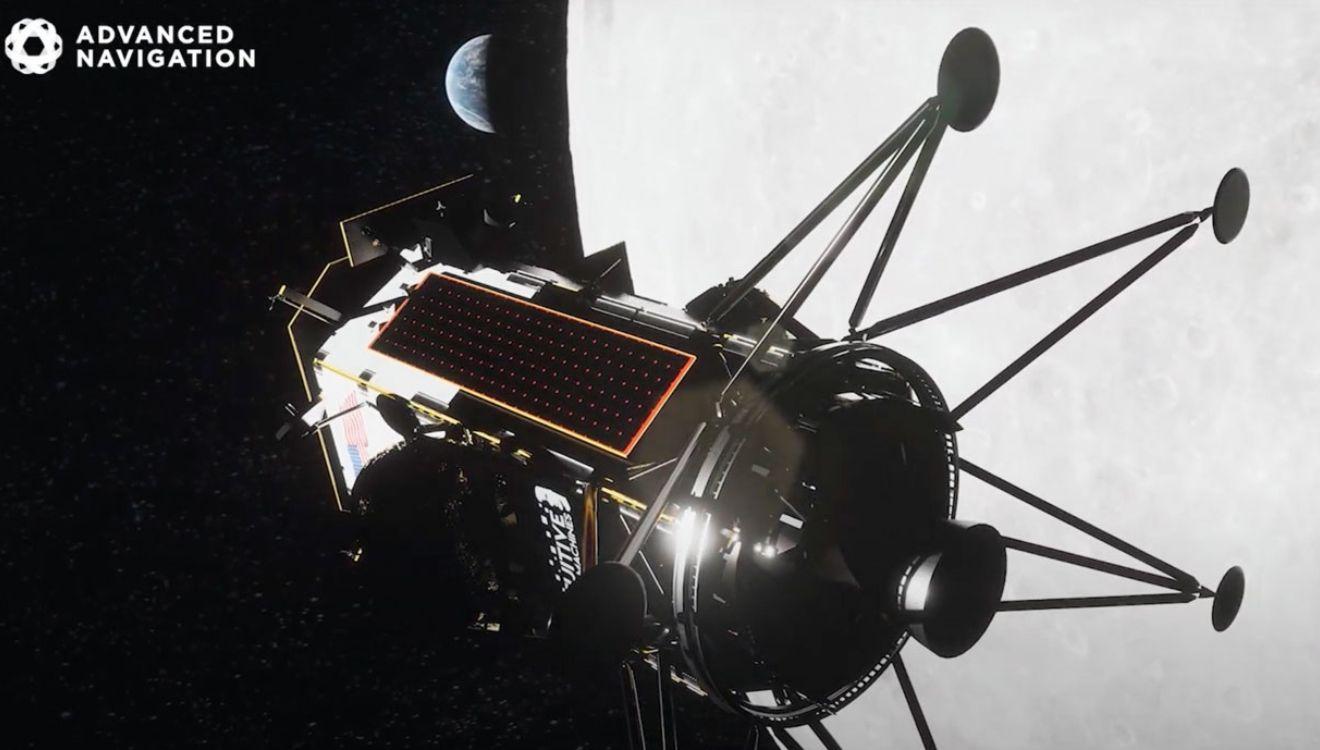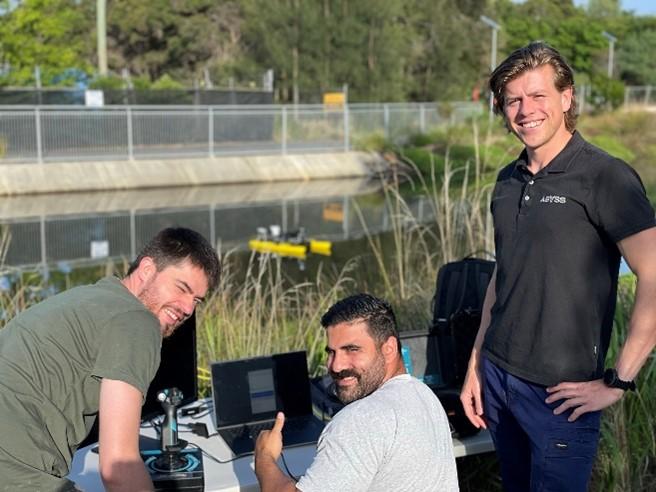After more than two years of work, Australian-led consortium ELO2 has won the contract to build and operate our nation’s first lunar rover – which gives us a closer look at the technology headed for the Moon.
Sydney-based Extraterrestrial Power has developed a mass-manufacturable solar cell that it estimates to be ten times more affordable than current space solar cells.
With local expertise in propulsion and fluid engineering, NextAero wants to help Australian and international customers reach space.
In a landmark moment for Australian space, six satellites funded by state and territory governments launched into orbit within a fortnight.
NASA’s new space capsule is built to take humans further than ever before, with help from advanced Australian manufacturing.
Sydney space startup business HEO is enabling satellites to watch satellites, ensuring critical Earth-based services and communications stay up and running
Australian based researchers Plants for Space and Lunaria One will help explorers grow plants in space, and in turn address sustainability challenges on Earth.
Boswell Technologies is powering its new Bogong Thruster with naphthalene – which once protected our clothes as the key ingredient in mothballs, until milder substances took over in recent years.
Raytracer, a Brisbane-based team of hardware and software engineers, are creating revolutionary simulation technologies for challenging and remote environments on and off Earth.
Spiral Blue’s SE-1 edge computer analyses satellite data in space and sends the useful parts back to Earth.
Sydney-based company aKin is refining their intuitive artificial intelligence (AI) technology for daily living. This AI is well suited to space missions or people living with disabilities. The Australian Space Agency co-funded its development.
Brisbane-based Crystalaid Manufacture Pty Ltd is attracting international attention by producing high quality printed circuit boards (PCBs) suitable for space environments.
From inspecting marine assets using robotics, to remote lunar operations, Fugro is showing the crossover of sophisticated technologies in Earth and space.
A new system from Advanced Navigation will help spacecraft find their way through the gruelling future of space exploration.
Fleet Space Technologies is reducing environmental impact and using satellites to bring unprecedented efficiency.
A local AI automation and robotics company has tested a next-gen robotic arm for space. It has the potential for use in a future NASA Moon mission and even on Mars.
An advanced GPS receiver from the University of New South Wales could play an important role in Australia’s space future.
An innovation from the University of Canberra (UC) can counter the effects of space on the human body.

